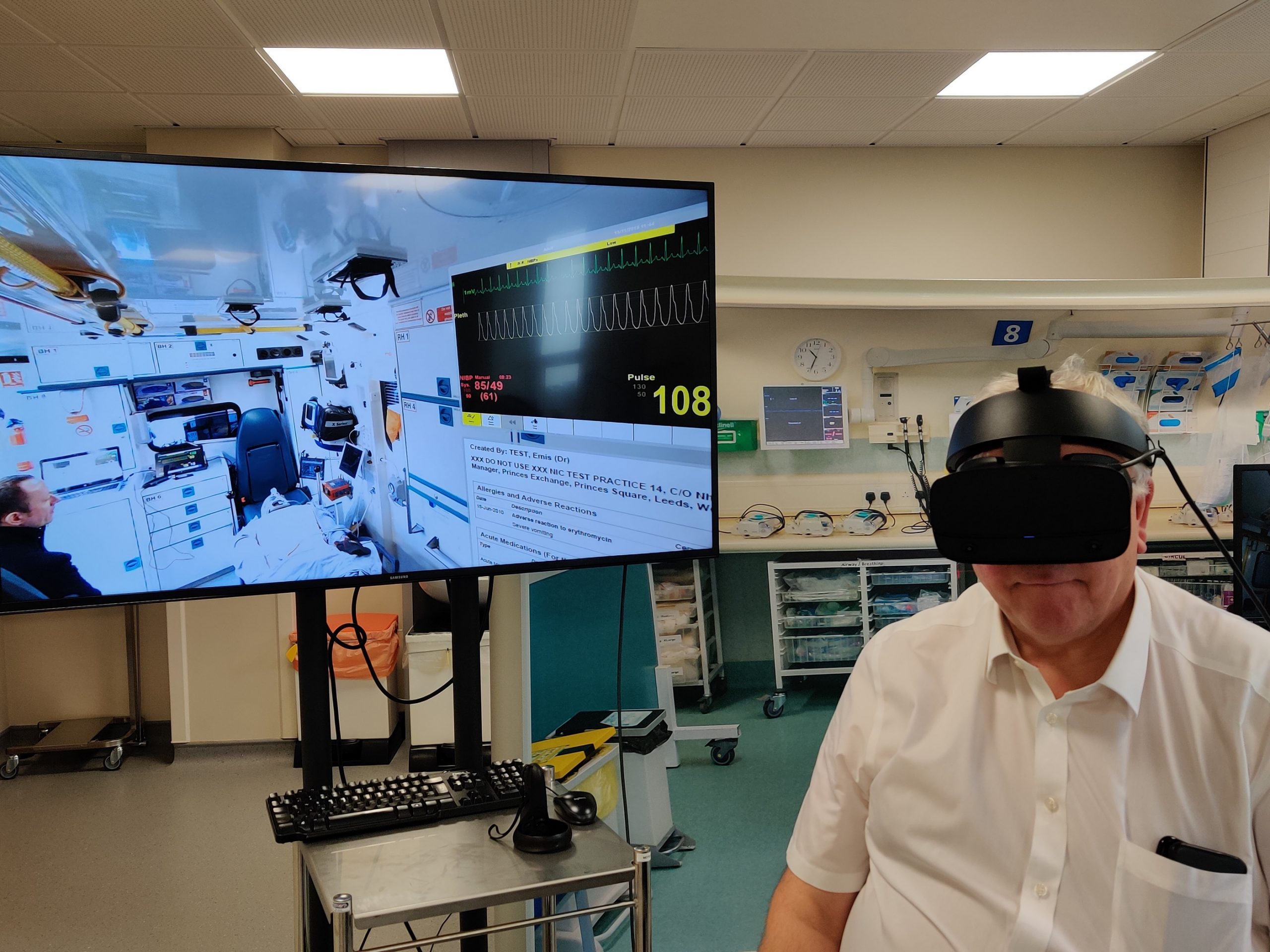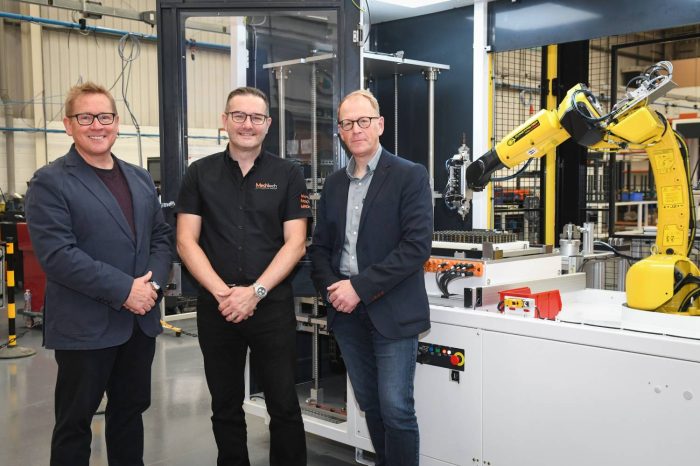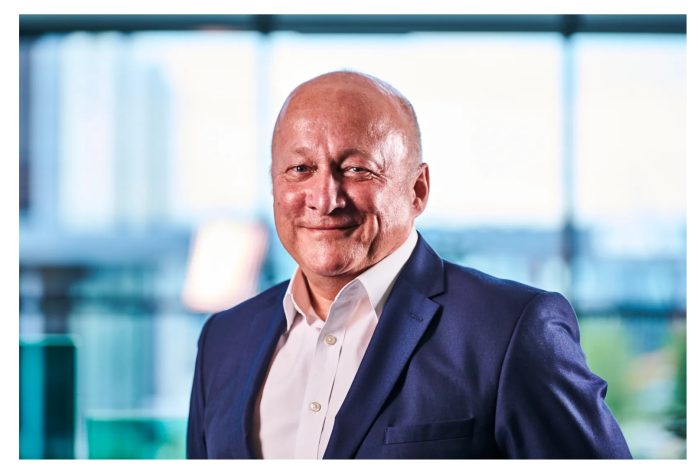Quantum tech hub coming to Birmingham after £100M investment

Five quantum technology hubs will be established across England and Scotland with a £100 million investment boost.
Peter Kyle, the Science Secretary, has announced funding to create the hubs in Birmingham, Oxford, Glasgow, Edinburgh and London. These hubs aim to develop groundbreaking quantum technologies that will directly impact people’s lives in areas such as healthcare, security and clean energy.
At the University of Birmingham, scientists are using a quantum effect known as superposition to build gravity sensors that detect underground infrastructure. By developing advanced sensing technologies capable of ‘seeing the invisible’, they could detect gas leaks before they become dangerous or pinpoint hidden objects that pose safety risks. Such sensors could alert utilities companies to gas and water mains where they plan to dig, or help them find their own pipes to repair.
“Rather than lots of digging to find things – and lots of holes are dug in the wrong place – we can in principle find the infrastructure quicker,” said Prof Michael Holynski at Birmingham university. “We have already detected tunnels and pipes with the sensor we have in the hub. What we want to do in the next phase is make it something that can move quickly, and more accurately inspect the underground.”
Other sensors draw on a quantum effect called entanglement to pinpoint gas leaks, such as methane, emanating from industrial facilities allowing them to be spotted and dealt with before they become a hazard.
Known as the UK Quantum Technology Hub in Sensing, Imaging and Timing, the centre at the University of Birmingham will also focus on developing quantum sensing for practical applications, such as brain scanners for dementia and cancer diagnostics.
The hubs will be delivered by the UKRI Engineering and Physical Sciences Research Council (EPSRC), with a £106 million investment from EPSRC, the UKRI Biotechnology and Biological Research Council, the UKRI Medical Research Council, and the National Institute for Health and Care Research.
Peter Kyle commented: “We want to see a future where cutting-edge science improves everyday lives. That is the vision behind our investment in these new quantum technology hubs, by supporting the deployment of technology that will mean faster diagnoses for diseases, critical infrastructure safe from hostile threats and cleaner energy for us all.
“This isn’t just about research; it’s about putting that research to work. These hubs will bridge the gap between brilliant ideas and practical solutions. They will not only transform sectors like healthcare and security, but also create a culture of accelerated innovation that helps to grow our economy.”





